When Rahul Kumar, a daily-wage earner from Patna, got his chest X-ray done after months of coughing, a doctor told him he was suffering from tuberculosis (TB). But when he sought a second opinion, he was told he was fine. “I was asked to get more scans done, but I don’t have the money or time to run around for multiple tests,” says Kumar, 31.
Kumar is one of a large demographic of TB patients in India in whom the disease either goes undetected, or who simply drop off the long and expensive treatment cycle. This, in turn, leads to a greater spread of the disease — and the possibility of mutated, drug-resistant versions. This picture may soon change. Artificial intelligence (AI), which is fast becoming an integral part of global healthcare, is coming into its own in India and dramatically transforming the space of diagnostics. Given that our country leads the world’s TB burden, with 26 per cent of new and relapsed cases, and 24 per cent multi-drug resistant cases [as reported by the World Health Organisation in 2017], multiple health-tech startups are grappling with the TB monster. Some have already come out with AI tools or ‘solutions’ that can screen the disease through non-invasive methods within minutes, as opposed to at least a couple of months’ gap between tests and the reports in rural areas.
And it’s not just TB. These startups, backed by robust funding, are working on AI tools to diagnose conditions as varied as chest and brain anomalies, diabetes-related complications in sight (diabetic retinopathy), and anthropometry or the study of the proportions of the human body. The thrust is on accuracy and speed. Combining software engineering with medical science, these solutions can operate without human intervention and capture even the subtlest of anomalies that a human eye may miss, especially in X-rays and scans. They use data, algorithms, patterns, deep learning and cognitive computing to arrive at a prognosis that could save you multiple visits to doctors and pathology centres, and also swing the needle between wrong and right treatment — and, often, life and death.
qER, an offering from the Goregaonbased startup Qure.ai, for instance, detects and quantifies critical abnormalities such as bleeding, fractures or a slight shifting of the brain in a CT scan. “qER can alert a radiologist to a critical case 37 minutes before s/he would otherwise read it,” says Dr Pooja Rao, co-founder and head of R&D, Qure.ai. “It can detect bleeding during a particular scan, and alert the radiologist, who might examine it right away and save crucial minutes.”
AI is also bridging the vital gap between prevalence of disease and availability of medical professionals. “There are 30,000 doctors or fewer taking care of around 800 million patients in rural India, so we will never have enough trained doctors for everyone. But if you calibrate your AI tool just once, you can use it in numerous cases and locations,” says Dr P Anandan, CEO, Wadhwani Institute for Artificial Intelligence, an Andheri-based not-for-profit that’s developing an anthropometry app to screen low-birth-weight babies.
Dr Om Srivastava, director of infectious diseases, Jaslok Hospital, agrees that AI has a huge role to play in diagnostics. “It cuts out the possibility of human error, and works better and faster in many areas. But AI is also ultimately a machine interpreting data, and so can’t replace sound clinical judgement,” he points out. “Ultimately, human intelligence would need to interpret what artifical intelligence highlights.”
Under the spotlight
The Ministry of Health and Family Welfare’s National Anti-Tuberculosis Drug Resistance Survey, 2016, says India has an estimated 2.79 million TB cases reported annually. Unsurprisingly, it’s a major area of focus for the government as well as AI. Wadhwani AI, for instance, is working on multiple solutions across the TB spectrum, aimed at helping health workers screen new and old patients. “The government has a large pool of data on TB. As the official AI partner of the Central TB Division, we will leverage it to train our AI solution. We’re looking to begin field experiments next year,” says Dhruvin Vora, product manager, Wadhwani AI.
“A solution can identify the existence of a disease, paving the way for appropriate care at the right time,” says Arpita Singh, COO of the Hyderabad-based Docturnal, which has developed the TimBre app to detect TB from the sound of a patient’s cough. “Since coughs of patients have never been recorded, we had to build our training database [for the AI] from scratch. It was a big challenge, due to the infectious nature of the disease and the social stigma attached to it,” adds Singh. With demographic and clinical variables factored in, this non-invasive, mass-identification of the disease in real time, does yield accurate results.
The case for prevention
AI is making a difference in preventive healthcare as well. When Satish Saha, a 40-year-old plumber in West Bengal, got his eyes examined at a free check-up camp organised by Bangalore-based Artelus, he was expecting nothing more than a diagnosis of cataract. It turned out to be diabetic retinopathy (DR) — he wasn’t even aware he was diabetic. All diabetic people are susceptible to DR, which can eventually lead to blindness.
Artelus has developed Diabetic Retinopathy Intelligent Screening System Integrated (DRISTi), an AI tool that detects DR with great accuracy in less than three minutes. “TEFLA, our core AI engine and proprietary framework, is trained to read retinal images and detect DR on par with an ophthalmologist,” says Pradeep Walia, founder and director, Artleus, which won the Qualcomm Design in India Challenge in 2018. “DRISTi is a good screening tool, given that most DR cases reach doctors too late,” says Dr Amod Nayak, regional head, clinical service at Dr Agarwal’s Eye Hospital, Bangalore.
Wadhwani AI, too, will soon start testing its smartphone-based anthropometry app, expected to make a huge difference to newborn health in areas where community health workers are often the only medical professionals around. “Forty eight per cent of neonatal deaths in India are linked to low birth weight (under 2.5 kilos). Despite that, most babies are either not weighed or incorrectly weighed,” says Amrita Mahale, product and strategy lead, maternal and child health at Wadhwani AI. “Using our smartphone app, health workers can shoot a short video of the baby, enabling the app to calculate the baby’s weight, length and head circumference. Focused treatment or referral to better facilities can be recommended immediately, depending on the results.”
Road bumps
The first hurdle that any health-tech company faces is that of data collection. To train an AI algorithm, one requires hundreds of thousands of images, and accessing anonymous but reliable data is no mean task. “qXR was trained with nearly 2.5 million X-rays to get to the current, high level of accuracy,” says Rao. Conducting field experiments or even demo runs is a long way away as well. “We had a solution ready in 2016, but the challenge was to make people understand that diabetes could actually lead to blindness. We tested it in free camps and had doctors re-read every patient’s data to validate our findings,” says Rajarajeshwari K, co-founder and director, Artelus. Obtaining certifications is tough, too. “Different countries have different regulatory bodies, and you need to go through each of them. It’s an expensive and time-consuming process. Just an FDA approval, for instance, can cost $300,000 (Rs 2.1 crore),” says Prashant Warier, co-founder and CEO, Qure.ai.
The right talent is also hard to come by. “The number of people capable of building AI is minuscule, and bringing them to the social sector, away from lucrative corporate jobs, is a challenge,” says Anandan. He hopes more will join the field when they see that the work can change lives.

 Artificial intelligence (AI), which is fast becoming an integral part of global healthcare, is coming into its own in India and dramatically transforming the space of diagnostics.
Artificial intelligence (AI), which is fast becoming an integral part of global healthcare, is coming into its own in India and dramatically transforming the space of diagnostics.






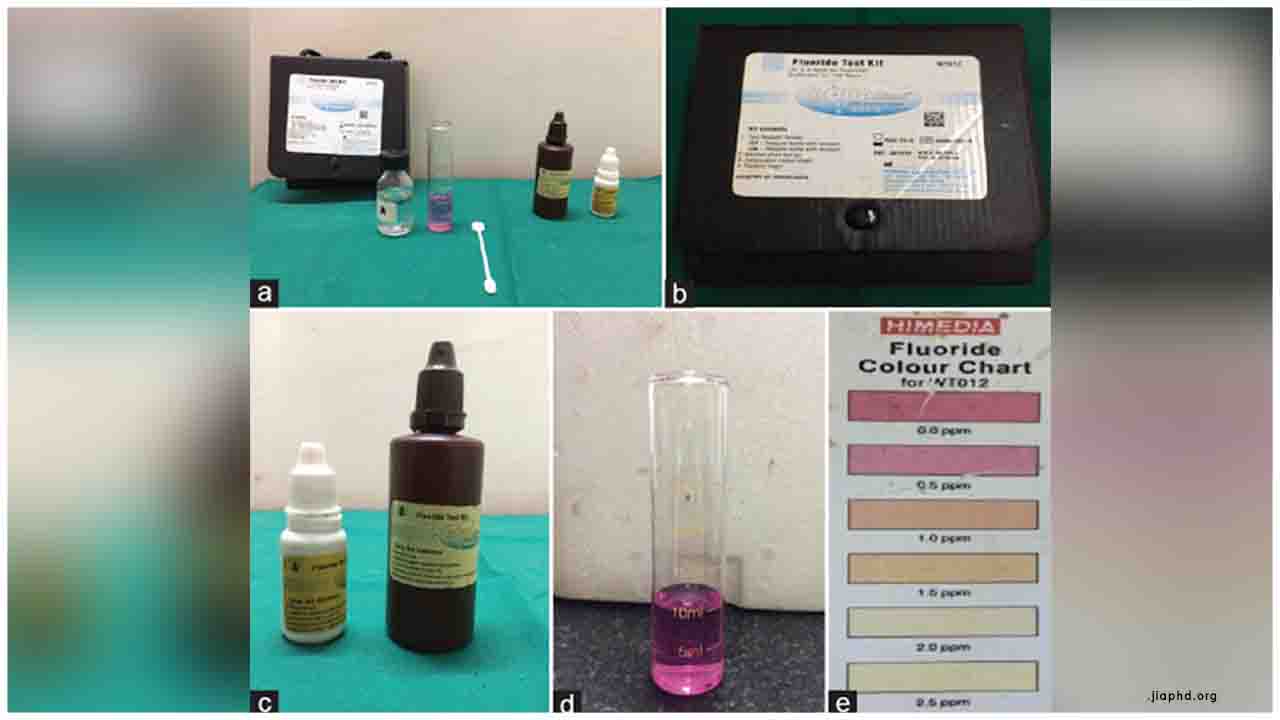
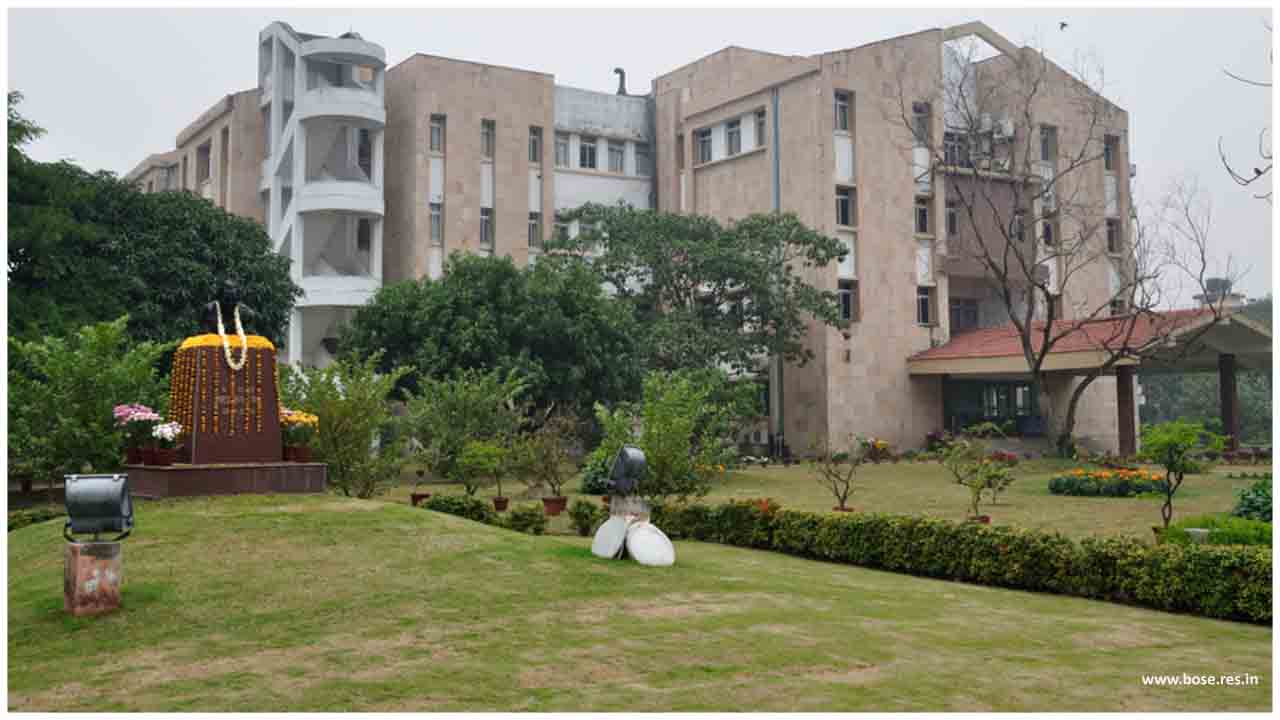
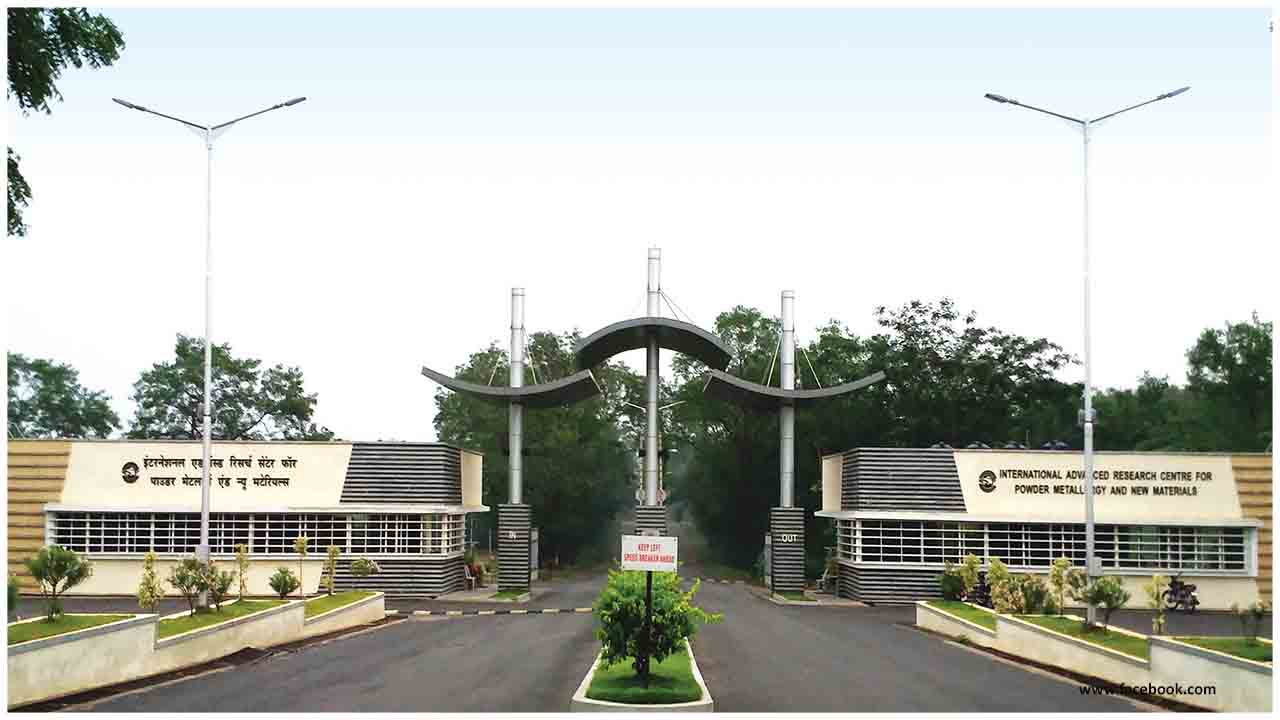
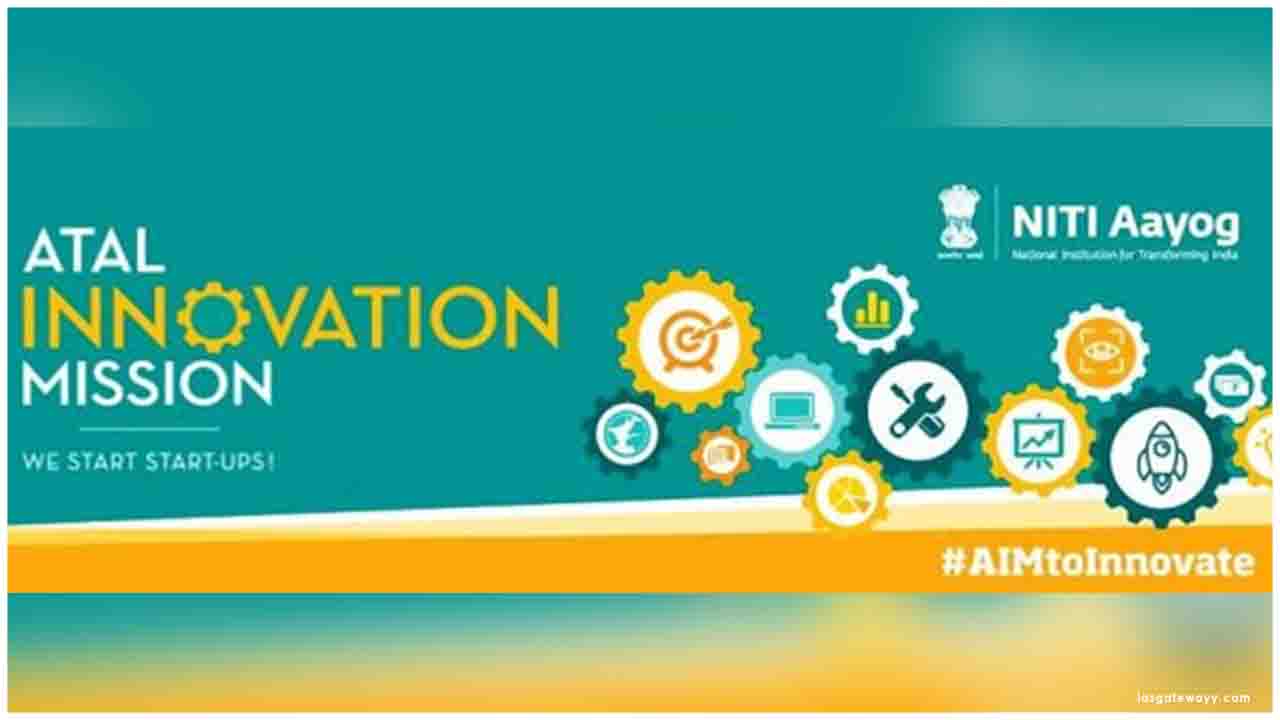
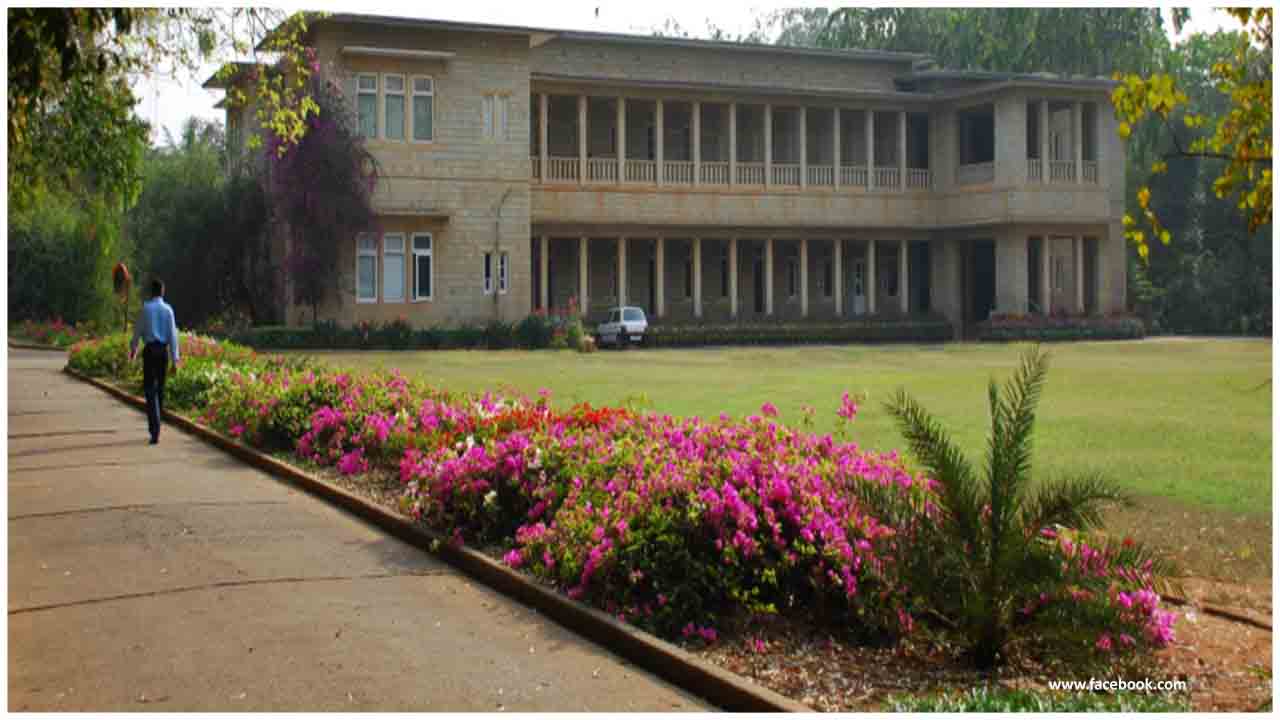
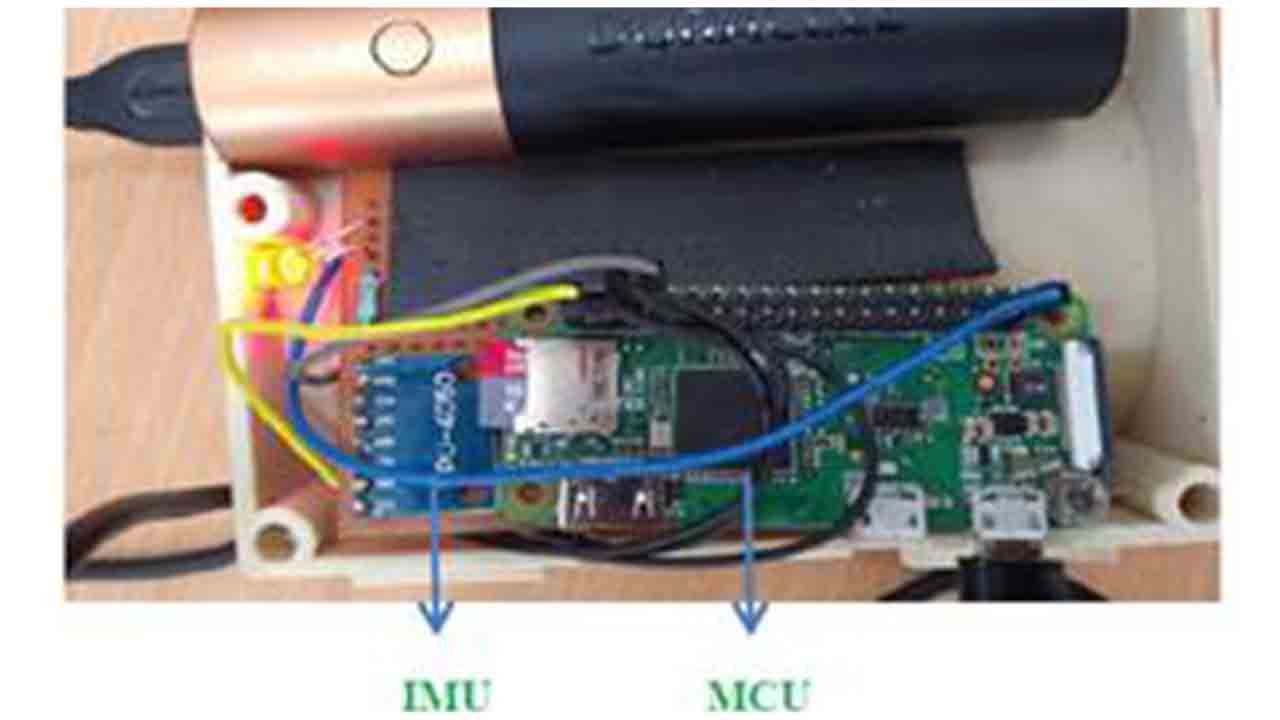
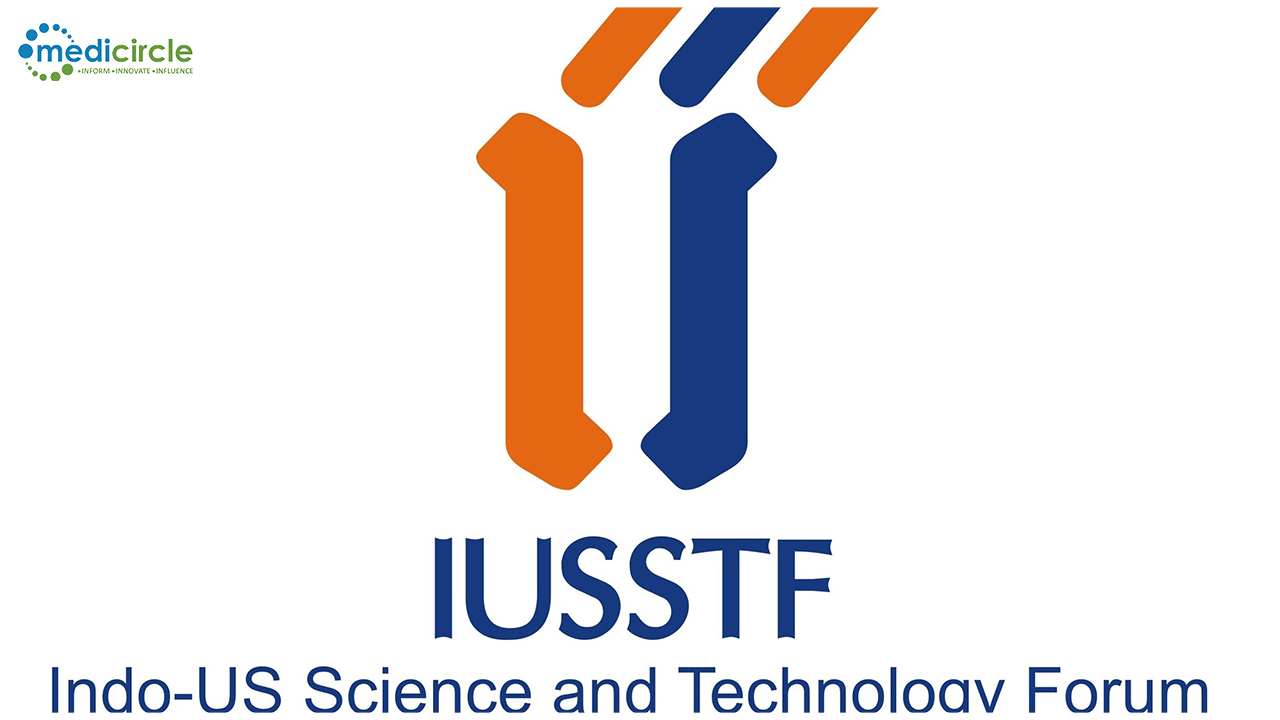
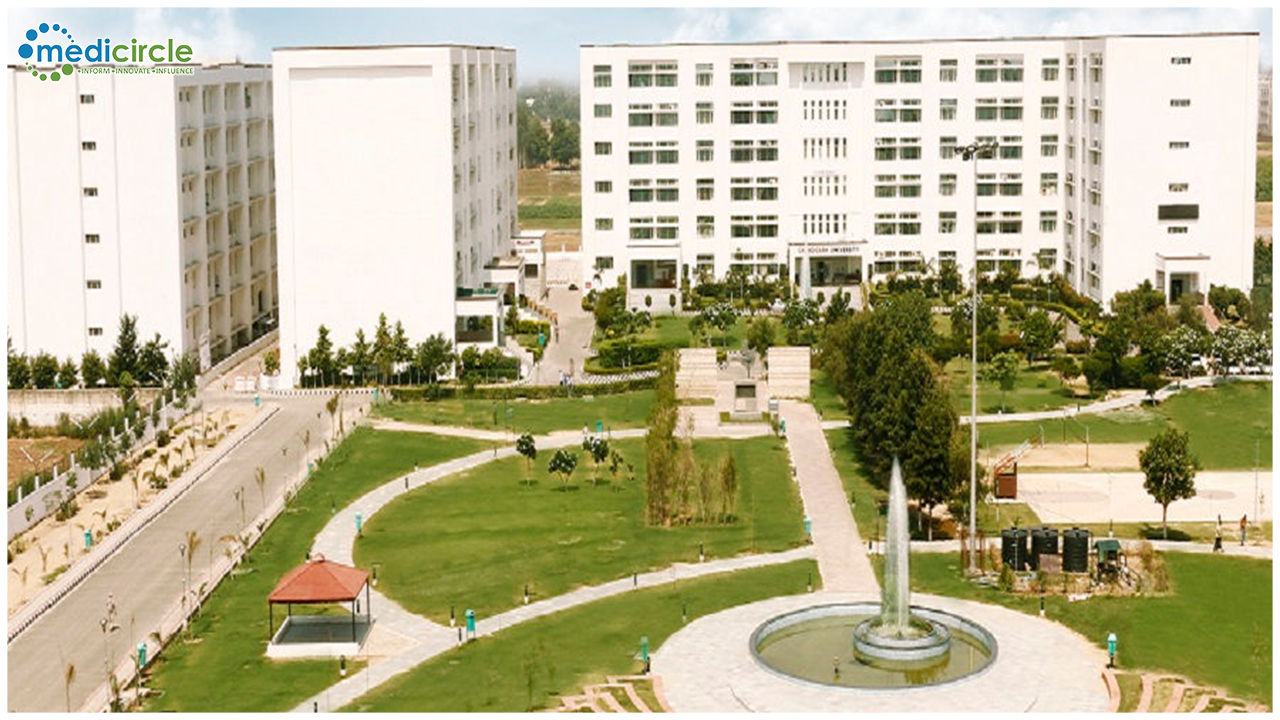





.jpeg)



.jpg)
















